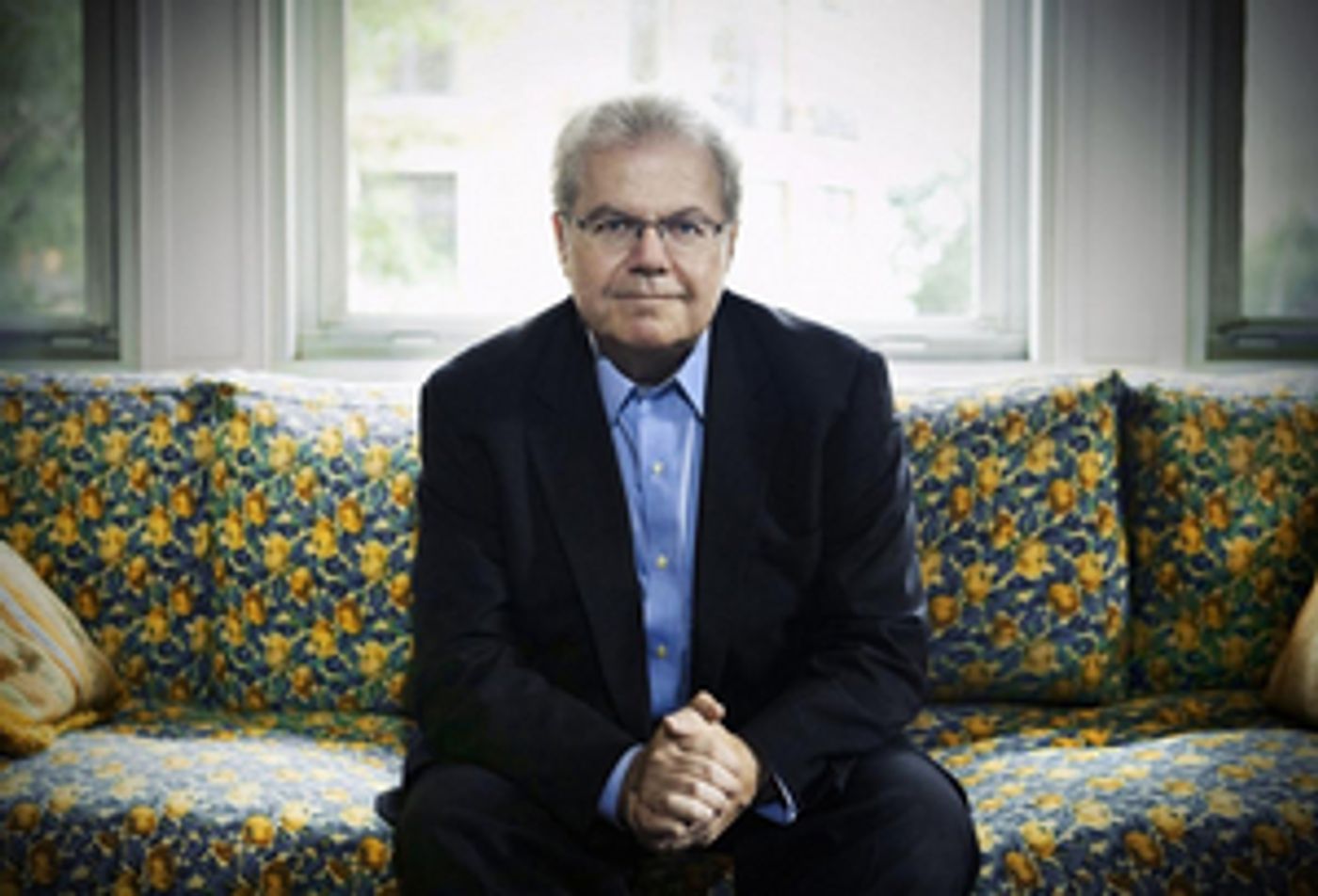Review: RI PHIL, EMANUEL AX Dazzle at the VETS Auditorium
The Rhode Island Philharmonic teamed up with world-famous pianist Emanuel Ax for a performance of Beethoven’s ‘Emperor’ concerto, played before the largest in-person crowd the VETS has seen in 16 months.

The truth is, it didn't matter what was on the program. It could have been all things atonal and avant-garde, Ligeti and Shoenberg, and the Rhode Island Philharmonic's audience of 900 still might have clapped wildly. Because for the first time in a year and a half, the Rhode Island Philharmonic had an audience of 900.
The Phil's annual gala celebration, held Saturday, June 12, wasn't just about the music - although the music was wonderful. It was also about rediscovering the joy of a night out: the people-watching, the gowns and suits, the crowded lobby, the whispered chatter between movements, the exuberant claps and "bravo"s.
As Bramwell Tovey, the Phil's artistic advisor and the maestro for the night, pointed out from the podium, those at the VETS Auditorium that night were "among the first concertgoers in North America to be attending an orchestral concert" since the COVID-19 pandemic began. Though the orchestra has been on stage all season, giving livestreamed performances with small, distanced in-person audiences, the June gala was its first attempt at welcoming a half-capacity crowd to the VETS. Parties of ticketholders still sat six feet apart from others, and all were required to wear masks, but that didn't diminish fans' palpable excitement at being out with nearly 1,000 of their closest friends.
As the concert began with Ludwig van Beethoven's "Egmont" Overture, it was all I could do to focus on the music, rather than the now-new sensation of sitting close enough to a conductor to hear his sharp breaths between the piece's opening phrases. I thought about the subject of the piece: Count Egmont, a statesman in the Spanish Netherlands, whose radical tolerance of other religions landed him in jail, then the gallows. The piece is meant to celebrate those who, like the count, rebel against convention to stand up for what's right. Though the orchestra faithfully brought the page to the stage throughout, I thought I missed a bit of Beethoven's signature urgency and drama in the first half of the piece, rendering some passages a tad mealy. But the orchestra softened its pianos, strengthened its fortes and brought more overall intensity toward the end.
The gala celebration was focused on recognizing and raising money for the Philharmonic Music School, where many of the orchestra's musicians provide private music lessons to children throughout the Ocean State - so it was appropriate that the second piece on the program was written for a baroque-period musicians' union by none other than Joseph Haydn, Beethoven's teacher. The piece is all of four minutes long but was lovely to hear nevertheless. The orchestra took great care to contrast Hadyn's punctuated dotted rhythms in the main theme with the legato interstitials.
It's easy to hear Haydn's classical-period influence at the start of Beethoven's "Emperor" Piano Concerto No. 5, which came last on the program. No piece better illustrates the way Beethoven bridged the classical and romantic periods. The first movement is seemingly a page ripped straight from Haydn's 18th-century notes; the second two movements are something else entirely, something no one had heard before when the piece premiered. The press called it "one of the most original, imaginative... of all existing concertos."
The star of the night, of course, was featured pianist Emanuel Ax, who made the performance of a fiendishly difficult piece look like a Sunday stroll in Roger Williams Park. Some of the greatest living pianists show the work: The challenge of a piece is written all over their faces, the strain evident in the tension of their arms. Ax, by contrast, appears to breeze through each tricky melisma and cadenza. His talent shone brightest not in those virtuoso passages, though, but instead in the quiet, simple moments. Throughout the softest passages, his fingers kissed the keys with effortless elegance, like a sandpiper skimming over waves.
The opening phrases of the famous second movement, from both Ax and the orchestra, brought tears to my eyes - and judging by the sniffling sounds behind me, I wasn't the only one. How can a pianist play so quietly while ensuring every note reaches the very back row? How can each passage flow as organically as water yet retain such perfect clarity? How does one invoke tiny sighs (echoed perfectly by the strings) in each chord? Ax's playing is casually devastating.
Never has an audience been so primed for an encore, and Ax delivered. If the Beethoven concerto demonstrated his skill in delivering subtlety, Chopin's fast-paced "Eroica" Polonaise No. 6 did the opposite. The piece demands technical prowess and physical stamina, which the Ukraine native clearly still has in spades at age 72. It was as if Ax was shouting, both at himself and at his audience, "We've still got it" - an empowering message to give and receive at the tail end of a brutal pandemic.
Reader Reviews
Videos


